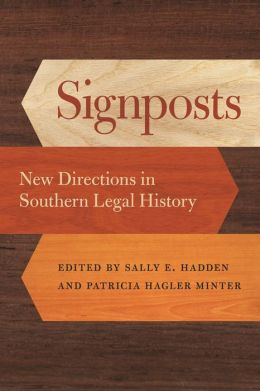The Institute for Constitutional History announces another Robert H. Smith seminar for advanced graduate students and junior faculty. This one is "Assessing the U.S. Constitution: Twenty-First-Century Responses to Eighteenth-Century Assumptions." It is to be led by Sanford Levinson, the W. St. John Garwood Jr. Centennial Chair in Law, University of Texas Law School, and Professor of Government, University of Texas at Austin. Our friends at the ICH explain:
The seminar will meet Thursday evenings, 6:00-8:00 p.m., September 12, 19, October 3, 10, 24, and November 7 at The George Washington University Law School, 2000 H Street NW, Washington, DC 20052.The United States Constitution was drafted at least in part under the sway of particular conceptions of government and politics (putting entirely to one side the role that out-and-out political bargaining played at the Philadelphia Convention). This seminar will examine some of these central assumptions, particularly concerning the nature of what the Constitution itself calls a "Republican Form of Government" and ask to what degree we-or, more accurately, you as students within the seminar-agree in 2013 with the assumption set out, often with both candor and eloquence, in 1787-88. Course materials will be drawn almost entirely from primary sources, including materials collected in Philip Kurland and Ralph Lerner, eds., The Founder’s Constitution and The Federalist, though it is also likely that Professor Levinson's recent book Framed: America's 51 Constitutions and the Crisis of Governance will also be assigned. Reading will not be particularly heavy in quantity, but the assumption is that what is assigned will be read and then discussed quite intensely.
Further:
The seminar is designed for graduate students and junior faculty in history, political science, law, and related disciplines. All participants will be expected to complete the assigned readings and participate in seminar discussions. Although the Institute cannot offer academic credit directly for the seminar, students may be able to earn graduate credit through their home departments by completing an independent research project in conjunction with the seminar. Please consult with your advisor and/or director of graduate studies about these possibilities. Space is limited, so applicants should send a copy of their c.v. and a short statement on how this seminar will be useful to them in their research, teaching, or professional development. Materials will be accepted only by email at MMarcus@nyhistory.org until May 15, 2013. Successful applicants will be notified soon thereafter. For further information, please contact Maeva Marcus at (202) 994-6562 or send an email to MMarcus@nyhistory.org.
There is no tuition or other charge for this seminar, though participants will be expected to acquire the assigned books on their own.






